Google Cloud seems to be quietly testing its own blockchain network designed for the financial sector. The project, called Google Cloud Universal Ledger (GCUL), is being built as a payments-focused infrastructure and is currently running in a private testnet phase.
A blockchain built for institutions
The initiative was confirmed this week by Rich Widmann, Google Cloud’s Head of Web3 Strategy, in a post on LinkedIn. Widmann described GCUL as a “performant, credibly neutral” blockchain that will support Python-based smart contracts.
The goal is to provide financial institutions with a neutral system for building payment and asset management applications without being tied to a rival’s network.
“Tether won’t use Circle’s blockchain—and Adyen probably won’t use Stripe’s blockchain. But any financial institution can build with GCUL,” Widmann wrote.
According to Google Cloud, the network is being designed as a private, permissioned Layer 1 system accessible through a single API.
The company says it will prioritize compliance features, making the platform suitable for traditional finance players who want to experiment with payment automation, settlement, and tokenized assets.
Partnerships and next steps
This isn’t Google Cloud’s first step into blockchain infrastructure.
Back in March, the company announced a collaboration with the CME Group, which began piloting wholesale payments and tokenization solutions on GCUL. That partnership hinted at Google’s ambition to provide a financial-grade blockchain system long before this week’s update.
While Widmann described GCUL as a Layer 1 blockchain, its private and permissioned design has sparked skepticism in crypto circles. Critics argue that such a setup lacks the decentralization that typically defines blockchains.
Still, from a financial institution’s perspective, the trade-off could make sense, providing the security and compliance guardrails required to handle large-scale payment flows.
Further details, including the launch timeline, governance model, and potential participants, are yet to be disclosed. For now, GCUL remains in testing, with Google Cloud indicating more information will be released once the platform is ready for wider use.




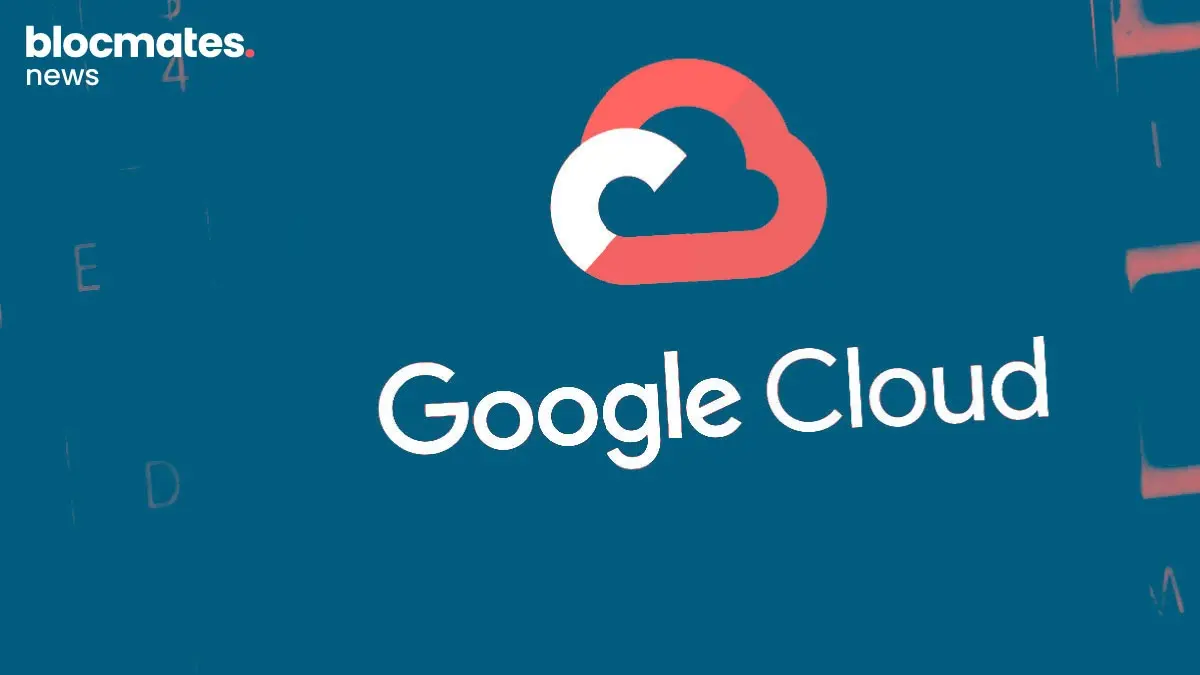




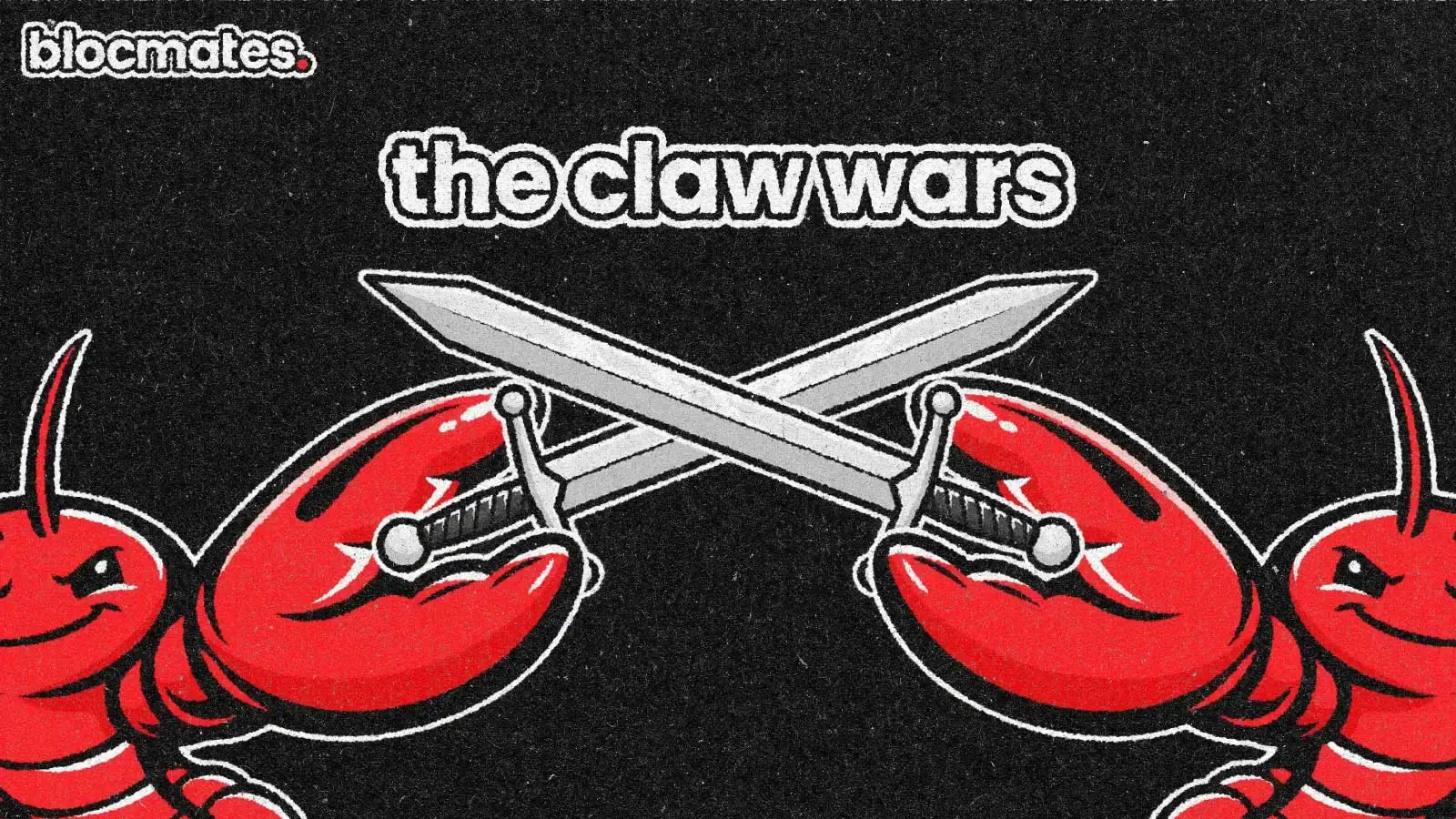
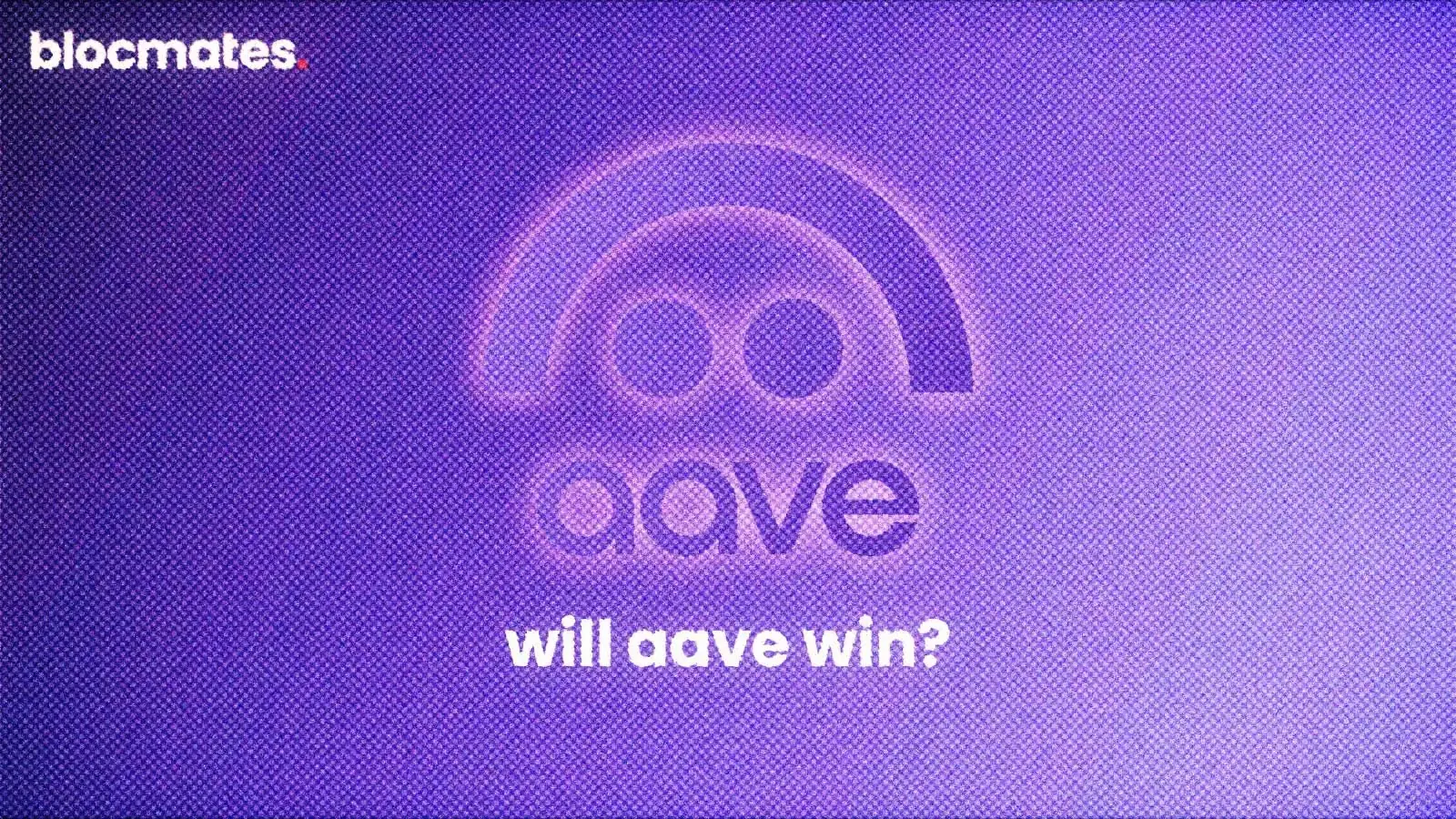
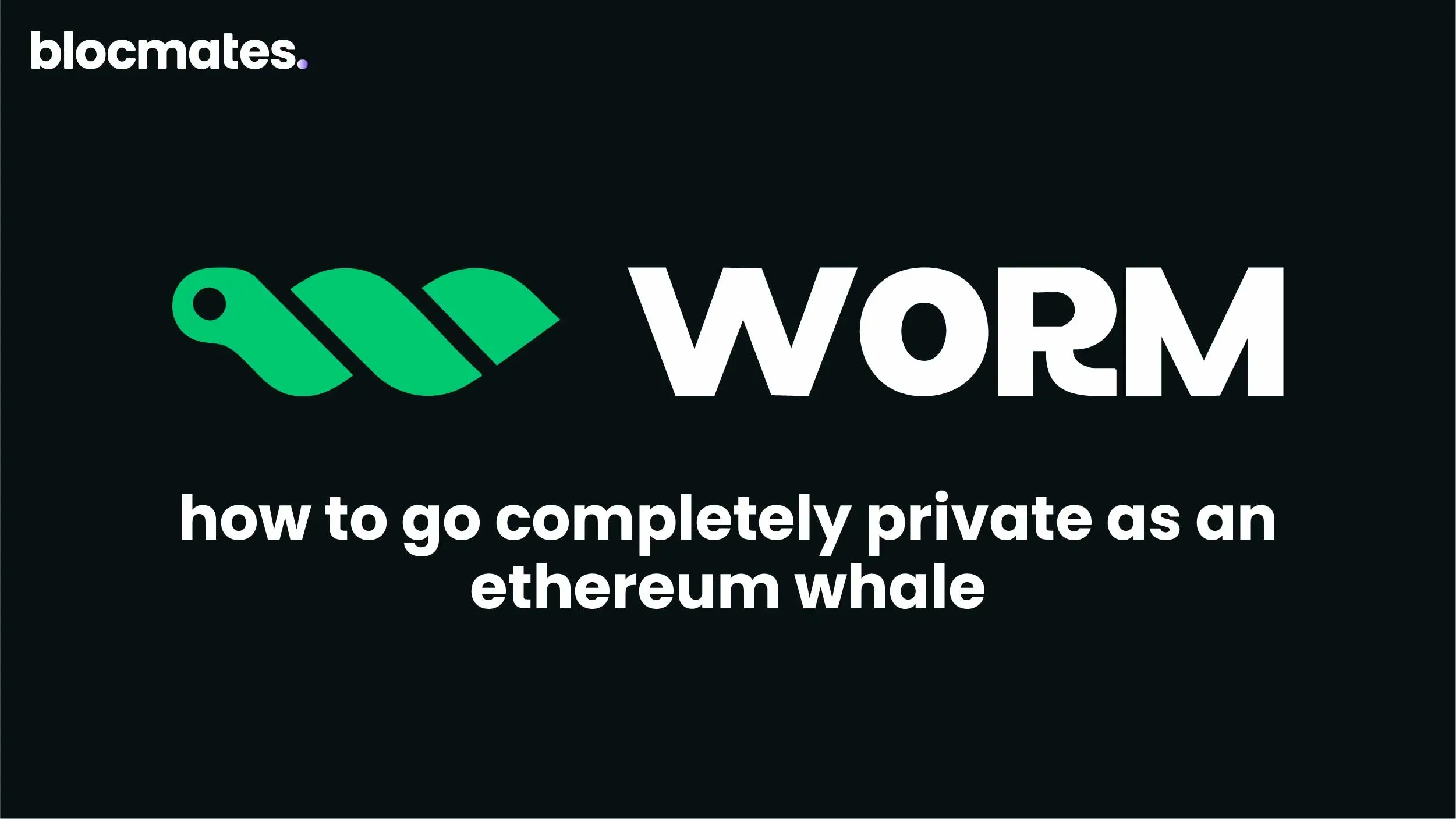
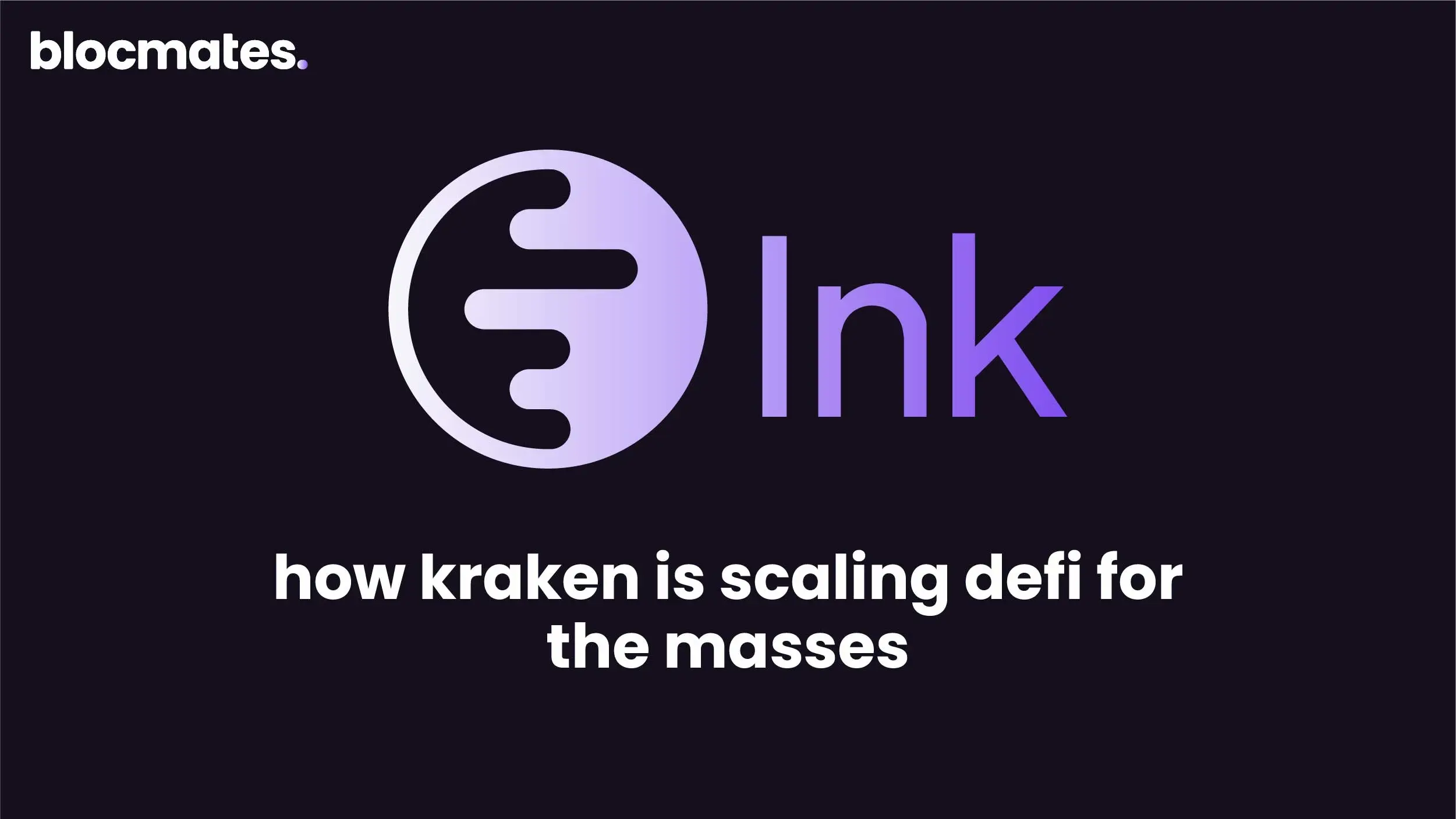
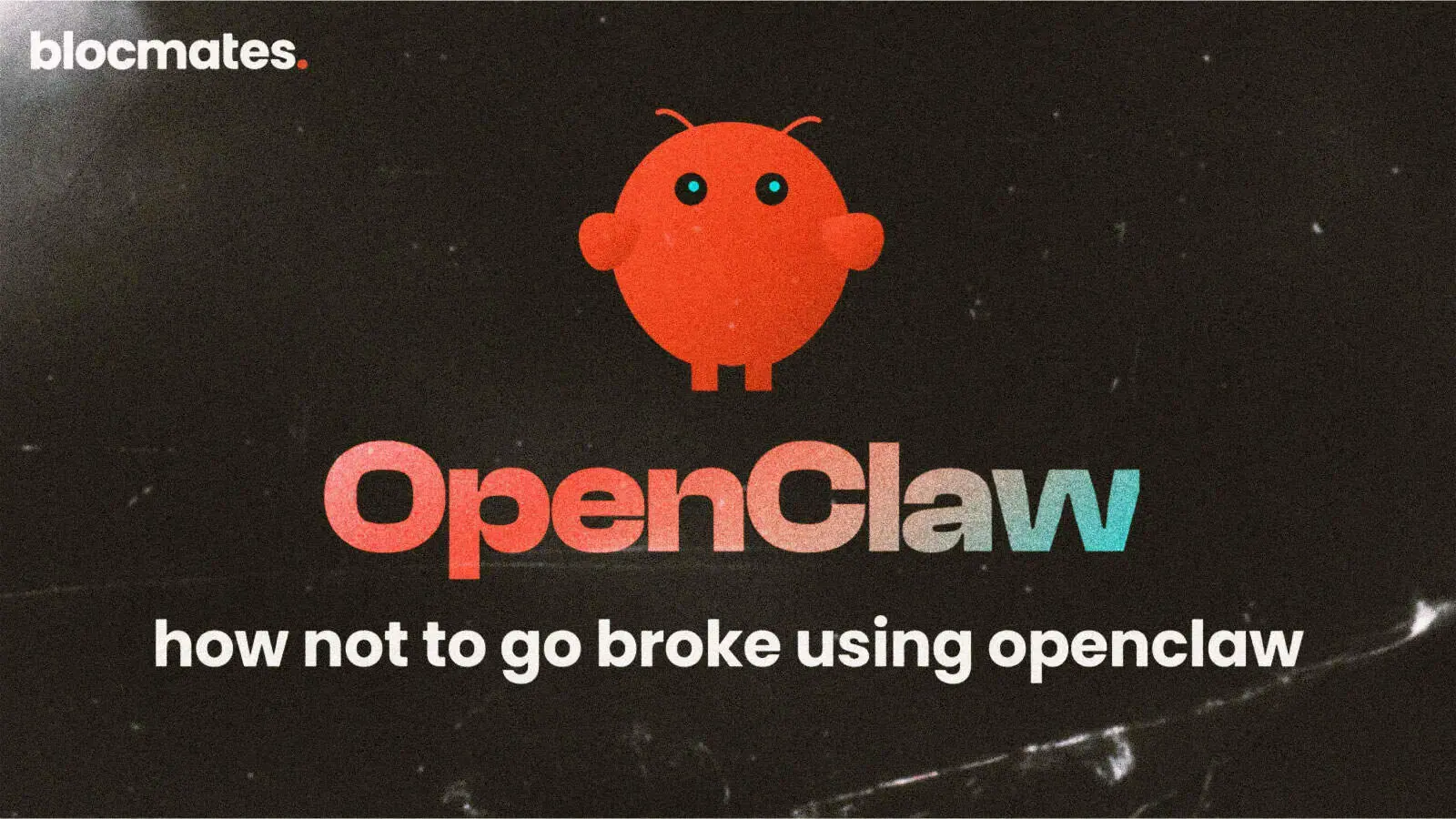
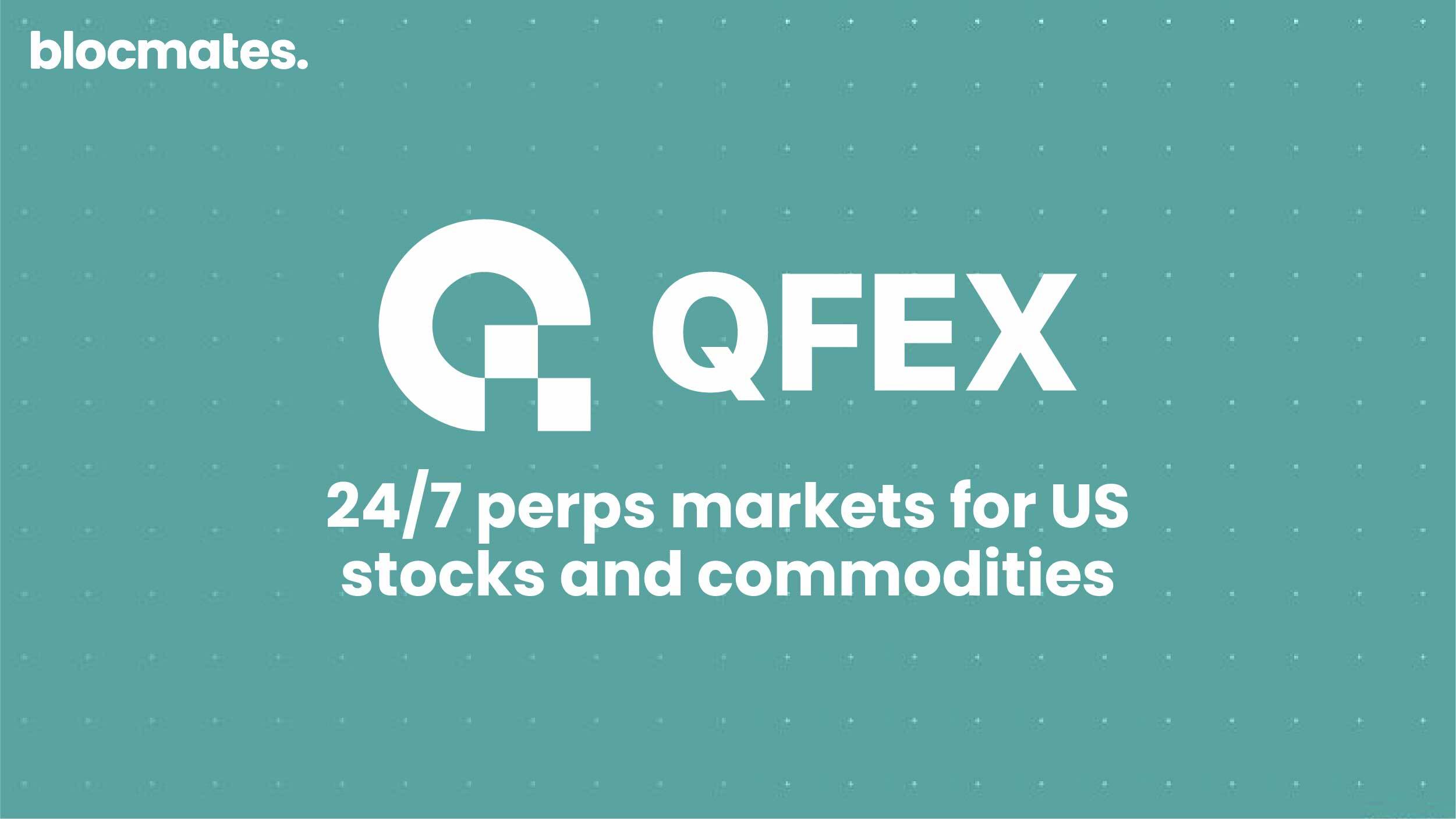
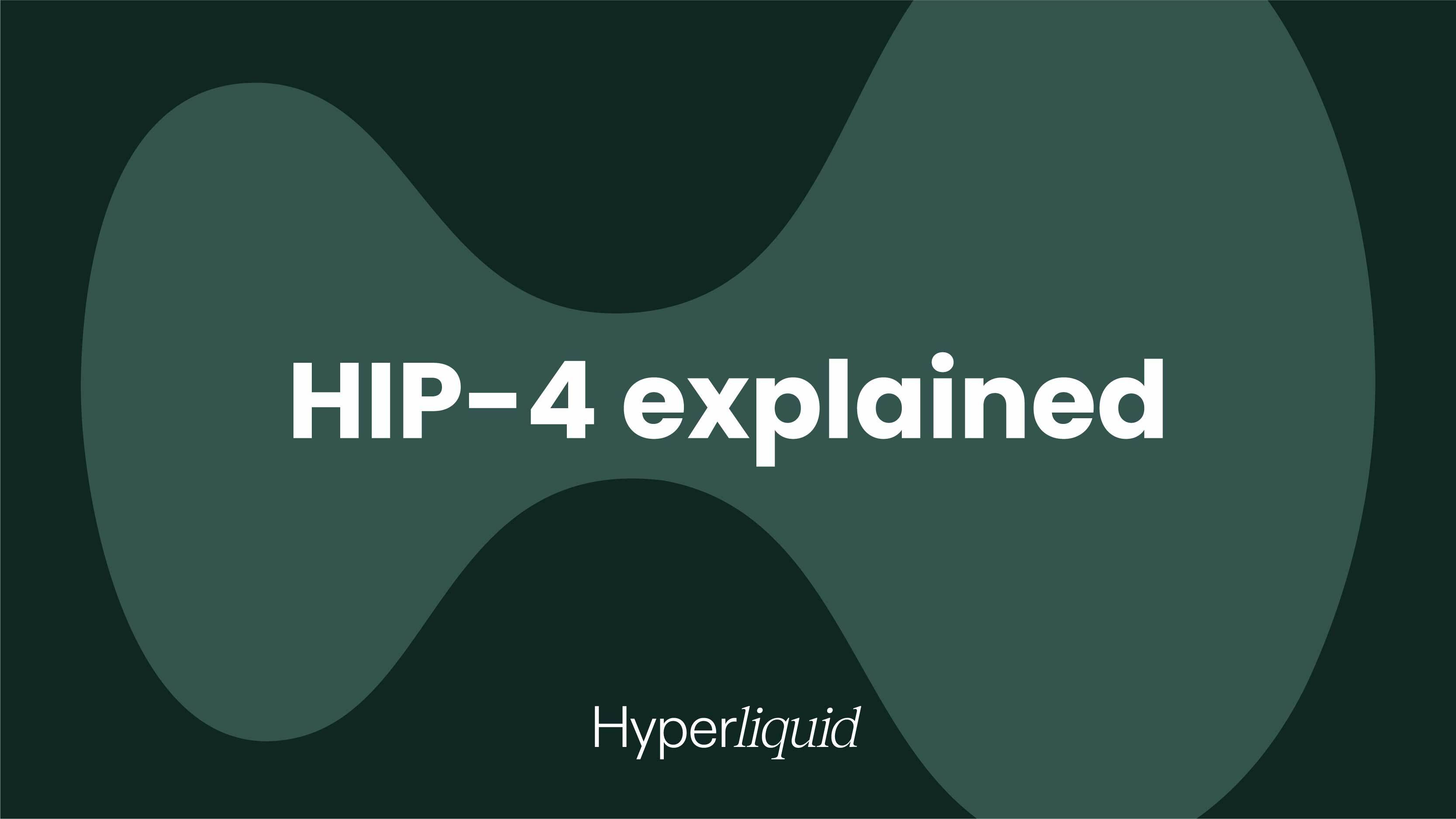


















.webp)

.webp)
.webp)

%20(1).webp)



























































%202.webp)


.webp)

.webp)
.webp)
.webp)


.webp)
.webp)

.webp)
.webp)
.webp)


.webp)
.webp)










.webp)


.webp)









.webp)







.webp)




.webp)


























.webp)







.webp)















.webp)

.webp)
.webp)

.webp)














.webp)

.webp)


.webp)








.webp)




